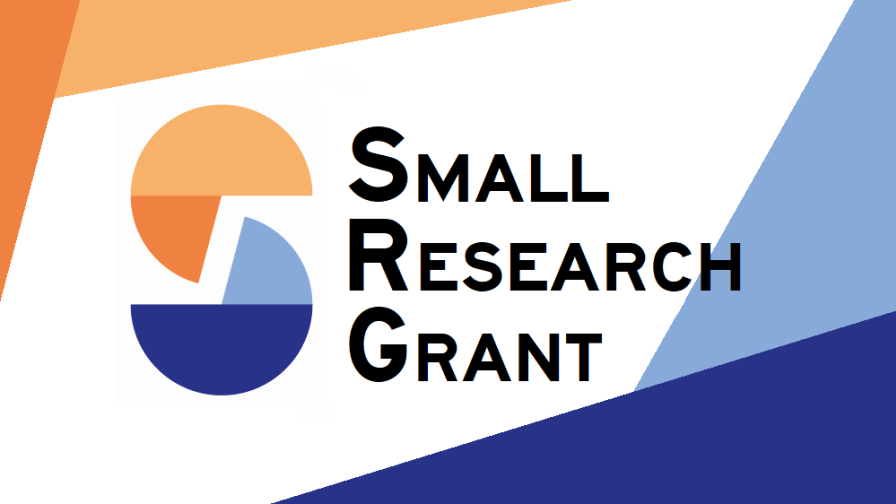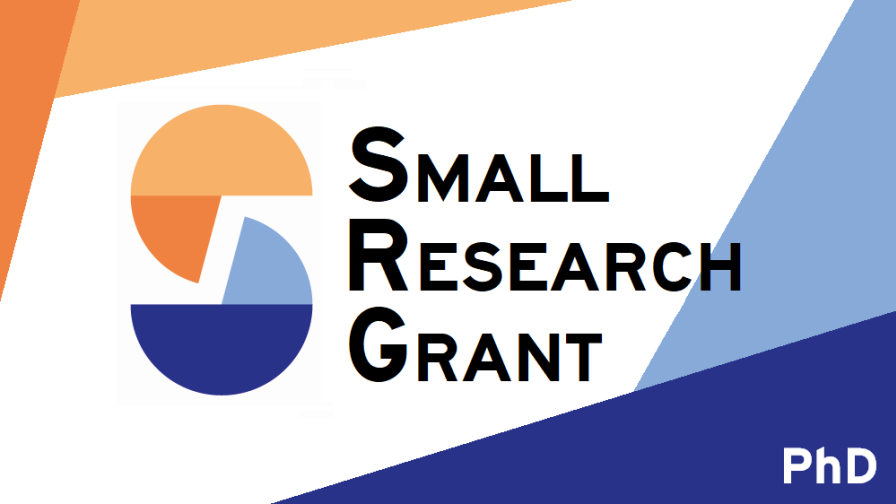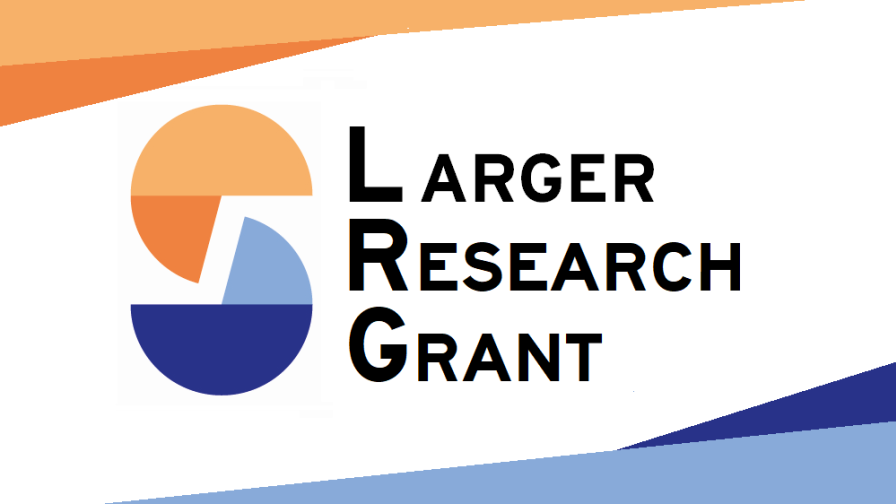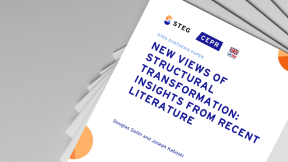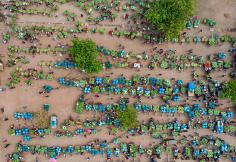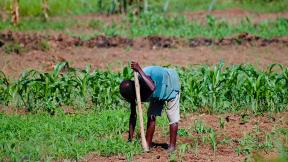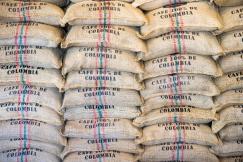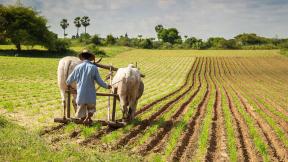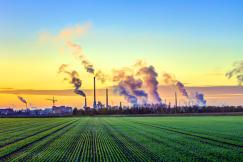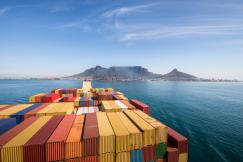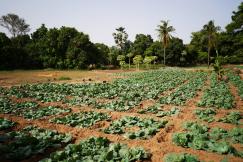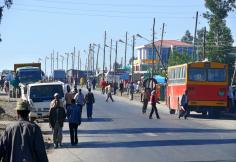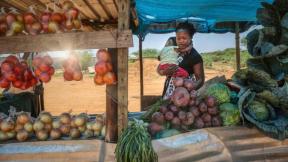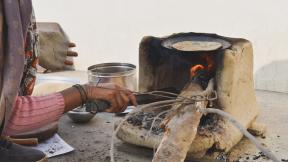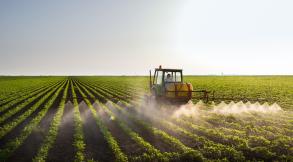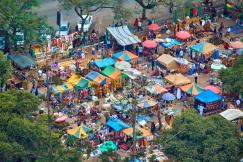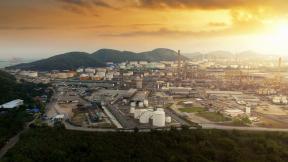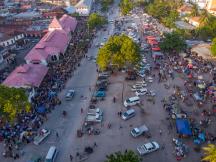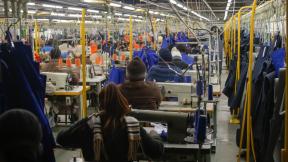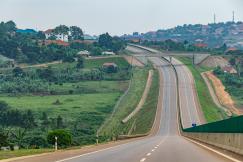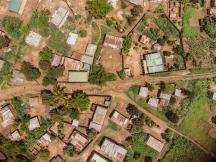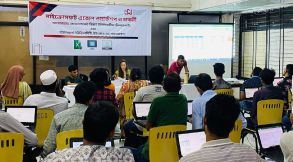Sub-Sahara Africa (SSA) contains some of the largest lakes in the world (e.g. Victoria, Tanganyika, Malawi, Bangweulu, and Turkana in East Africa and Chad and Volta in West Africa). Most of them are located in low-altitude hot environments and are thus susceptible to shrinkage due to future climate change (CC). Hence, many lake-dependent economic sectors (farming, livestock, energy, and tourism) are vulnerable to future lake drying. At the same time, lake shrinking could free up suitable agricultural land and potentially lead to ambiguous economic effects. We plan to disentangle them in general equilibrium, assess the economic and welfare CC consequences on SSA's lake economies (accounting for the sectoral interaction and other general equilibrium forces), and evaluate possible mitigating policy tools.
We will link geospatial data from 43 SSA countries to a quantitative spatial model (QSM). We will use it to simulate the impact of CC using forecasts of lake aridification in the 21st century. We will leverage the highly granular data across the continent to divide it into high-resolution grid cells, obtaining characteristics about various sectors - farming, livestock, fishing, transportation, and tourism - and considering sector-specific shocks due to the disappearance of lakes. We will use budget surveys to compile expenditure shares data and will calculate trade costs with bilateral travel times between locations (retrieved from detailed Michelin maps and the lake locations across the continent).
Our project will deliver many policy-relevant outcomes. First, it will illustrate the potential reactions of lake-dependent economies to lake shrinkage in terms of structural change (economic activity reallocating to less water-dependent activities), migration, and trade patterns. Moreover, counterfactual experiments will showcase the reach of policy in this process. In particular, we will use our QSM to conduct experiments related to (i) road construction, (ii) relaxing of migration barriers in SSA, (iii) the interaction of land shrinkage and land creation (as more land becomes available if lakes shrink), (iv) lake preservation, and (v) lake creation (with dams). Thus, our outcomes will be of high value to policymakers interested in how to address future lake shrinkage, in SSA and beyond.
Project
• Research Theme 3: Agricultural Productivity and Sectoral Gaps,
Research Theme 4: Trade and Spatial Frictions,
Cross-Cutting Issue 2: Climate Change and the Environment
Climate Change and the Regional Lake Economies of Sub-Saharan Africa: Analytical Framework, Predicted Economic Effects, and Policy Implications
This project has been retired
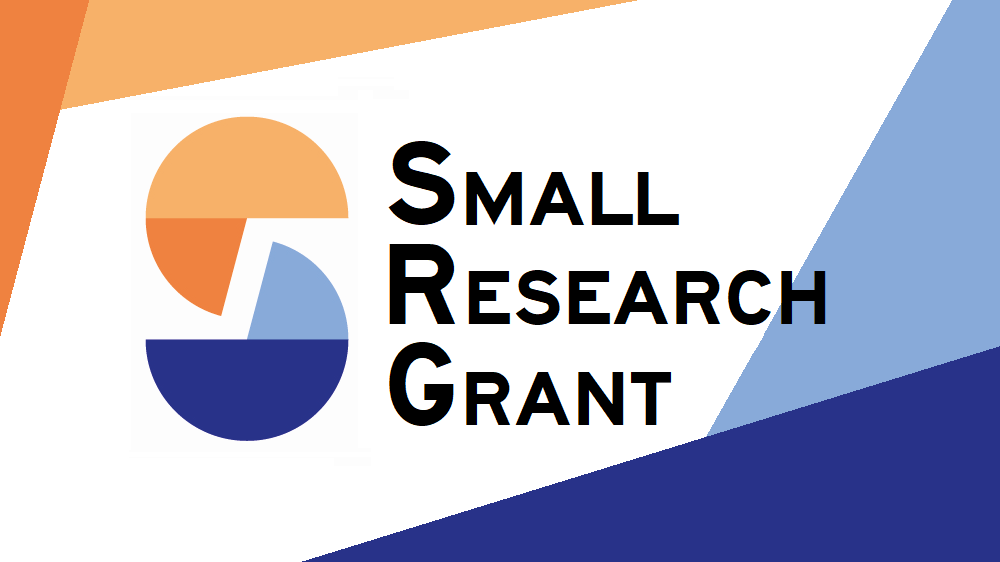
Small Research Grants
Research Team
Related content
